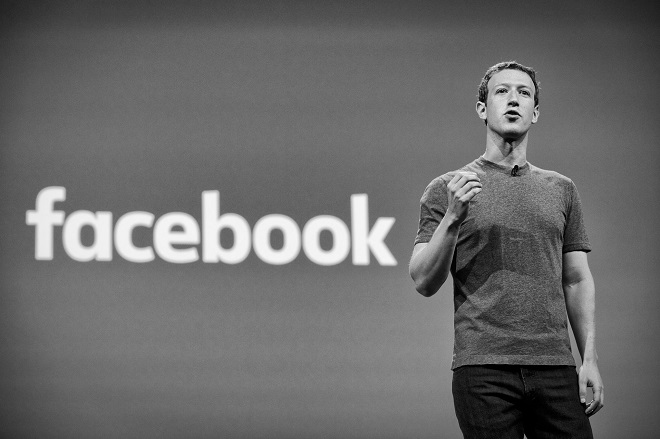
Washington, United States | AFP | Facebook said Wednesday it is hiring an extra 3,000 staff to root out violent content as the social media giant faces scrutiny for a series of killings and suicides broadcast on its platform.
“If we’re going to build a safe community, we need to respond quickly,” chief executive Mark Zuckerberg said on his Facebook page.
“We’re working to make these videos easier to report so we can take the right action sooner — whether that’s responding quickly when someone needs help or taking a post down.”
The 3,000 new recruits, added over the coming year, will increase by two thirds the size of Facebook’s community operations team, which currently numbers 4,500.
Zuckerberg’s announcement came a week after a 20-year-old Thai man broadcast live video on the world’s most popular social media platform, showing him killing his baby daughter before committing suicide.
The previous week, a US man dubbed the “Facebook Killer” fatally shot himself after three days of a frantic nationwide manhunt.
The murder and a video sparked outrage across the world and renewed scrutiny of the growing number of grisly videos being posted on social media.
Facebook removed the footage hours after the attack. Zuckerberg acknowledged that the world’s largest social network had a role to play in stemming the worrisome trend.
“We’ve seen people hurting themselves and others on Facebook — either live or in video posted later,” Zuckerberg said. “It’s heartbreaking, and I’ve been reflecting on how we can do better for our community.”
The additional reviewers will “help us get better at removing things we don’t allow on Facebook like hate speech and child exploitation,” he said.
“And we’ll keep working with local community groups and law enforcement who are in the best position to help someone if they need it — either because they’re about to harm themselves, or because they’re in danger from someone else.”
Critics say the social network has been too slow to react to online violence, and questioned whether Facebook Live — a strategic area of development for the company — should be disabled, after several cases in which it was used to broadcast rapes.
Zuckerberg said Facebook has been working on better technology that can identify violent or inappropriate content — and that its efforts to screen for acts of violence appeared to be paying off.
“Just last week, we got a report that someone on Live was considering suicide,” he said.
“We immediately reached out to law enforcement, and they were able to prevent him from hurting himself. In other cases, we weren’t so fortunate.”
– Revenge and deceit –
The move to better police violent content comes as Facebook grapples with its evolution from a social network for friends and family to a global platform for sharing news and even uncensored self-broadcasting in real time.
Facebook last month stepped up its security to counter efforts by governments and others to spread misinformation or manipulate discussions for political reasons.
The effort expanded Facebook’s security efforts beyond “abusive” actions such as hacking and financial scams to “more subtle and insidious forms of misuse, including attempts to manipulate civic discourse and deceive people,” according to a white paper released by the world’s leading social network.
The initiative is part of Facebook’s efforts to counter “fake news” but goes beyond that to tackle efforts by governments and non-state entities to use the social network to manipulate public opinion.
Facebook, which came under criticism for its role in the spread of misinformation during the 2016 US presidential campaign, has argued the platform did not play a major role in influencing voters.
Facebook also recently unleashed a new weapon in the war against “revenge porn” at the leading social network as well as the messaging services Messenger and Instagram.
When intimate images shared on Facebook without permission are reported, confirmed and removed, the company will use photo-matching technology to prevent copies from being shared on its platform anew.
“When this content, often referred to as ‘revenge porn,’ is reported to us, we can now prevent it from being shared on Facebook, Messenger and Instagram,” the head of global safety Antigone Davis said in a blog post.
“This is part of our ongoing effort to help build a safe community on and off Facebook.”
 The Independent Uganda: You get the Truth we Pay the Price
The Independent Uganda: You get the Truth we Pay the Price


